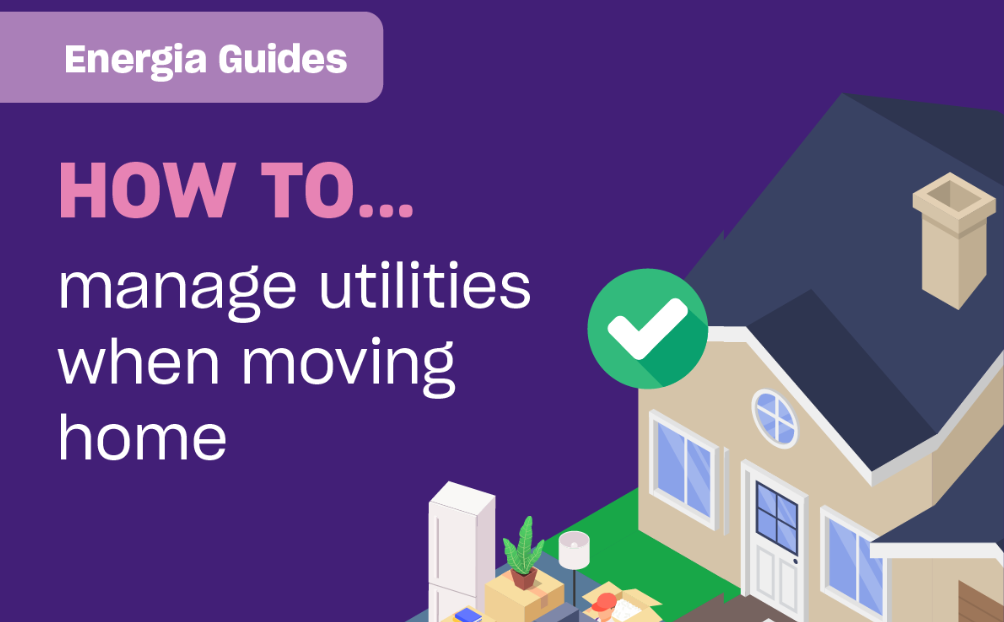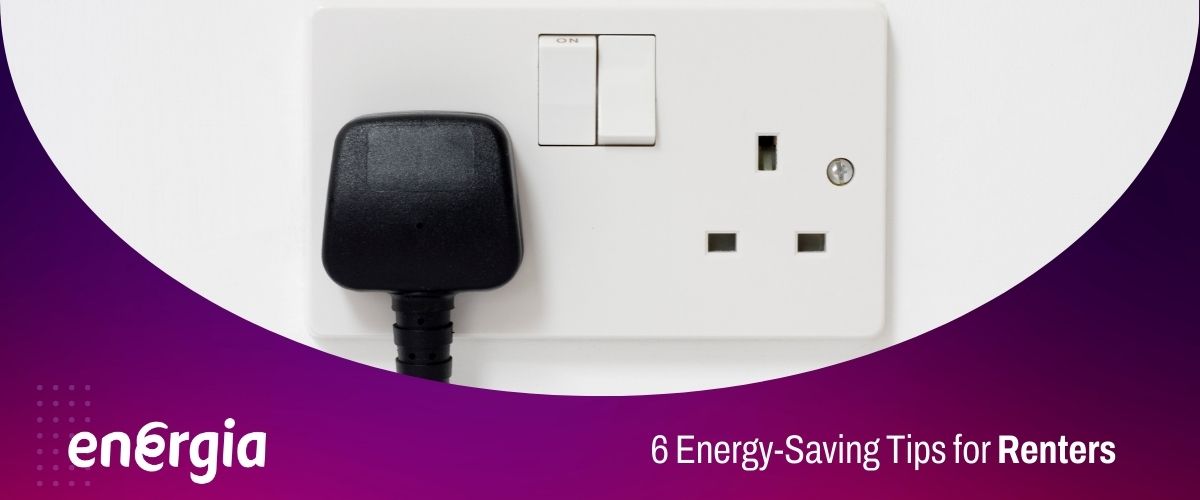What Appliances Use the Most Electricity in Your Home?
Leaving the immersion on is any Irish family member's idea of a modern-day nightmare. Not only will you have to take the blame for the electricity bill that awaits as a result, but you’ll also have to fork out what feels like your life savings to pay for it. But, what if we told you that the immersion isn’t the only appliance that uses a lot of electricity in the house?
That’s right, despite popular belief, there are plenty of other electrical appliances in an Irish household that use a lot of energy and can cause energy bills to fluctuate - these are just some of them.
Tumble dryer:
Good drying weather isn’t always a guarantee in Ireland, so the tumble dryer is often relied on by households across the country. Unfortunately, your average tumble dryer uses a lot of energy. The power consumption depends on your tumble dryers energy rating which is why experts suggest upgrading your tumble dryer every ten years to benefit from better energy ratings.
TV on standby:
Unplugging household appliances when you’re jetting off on a sun holiday or won’t be around the house for a few days is a pretty common occurrence for many of us but how many of us do this every evening before we go to bed? A study from uSwitch shows that 98% of households leave the TV on standby for over 11 hours per day in the UK alone.
When we turn appliances off but leave them plugged in, this is what’s referred to as standby energy and items such as the TV still use about 20% of the electricity, even when they’re on standby.
The Kettle:
We know that making cups of tea for every member of the house uses a lot of personal energy, but did you know that it also uses a surprising amount of electricity to heat up the water quickly? One top tip is to make sure you only boil the amount of water you need to help with energy usage and electric bills - a lot of kettles give measurements along the side to help you make sure you’re boiling just the right amount.
Water heater:
We couldn’t make it through the list without giving an honourable mention to the immersion, also known as a water heater. While they’re a convenient way to heat up water as you need it, water heaters can be expensive to run and can be the culprit behind a lot of high energy bills. There are some reliable ways to reduce these costs though, including insulating the cylinder or installing a timer.
Fully charged appliances:
If you regularly leave your phone, laptop or tablet plugged in to charge, even after it’s fully charged, it’s important to know that this is a sure-fire way to waste energy needlessly. The next time you’re charging any of your appliances, make sure to simply plug them out afterwards - this will help with electricity usage, but it will also do the battery in your appliances the world of good.
Washing machine:
Washing machines are renowned for using large amounts of energy and a lot of times, increasing energy costs. All hope is not lost though as there is one reliable step you can take towards lowering the amount of energy the washing machine uses - put on a full load and try a cool wash; most of the energy used by the washing machine is to heat the water so opting for cold rather than hot water should benefit you in the long run.
Fridge freezer:
The fridge freezer is one of the few appliances in the house that has to run all day and all night. This makes it one of the biggest energy users in every household. Make sure to defrost your fridge freezer regularly, don’t leave the door open when you’re taking food out and of course, upgrade your appliance to a more energy-efficient model if you have had it for a long period of time.
Be kinder to the environment and save money on your electricity bills by switching to Energia Not only do we offer electricity at competitive prices, you can rest assured that 100% of our electricity comes from renewable sources so you are helping the environment too.

.png?width=1004&height=622&ext=.png)

